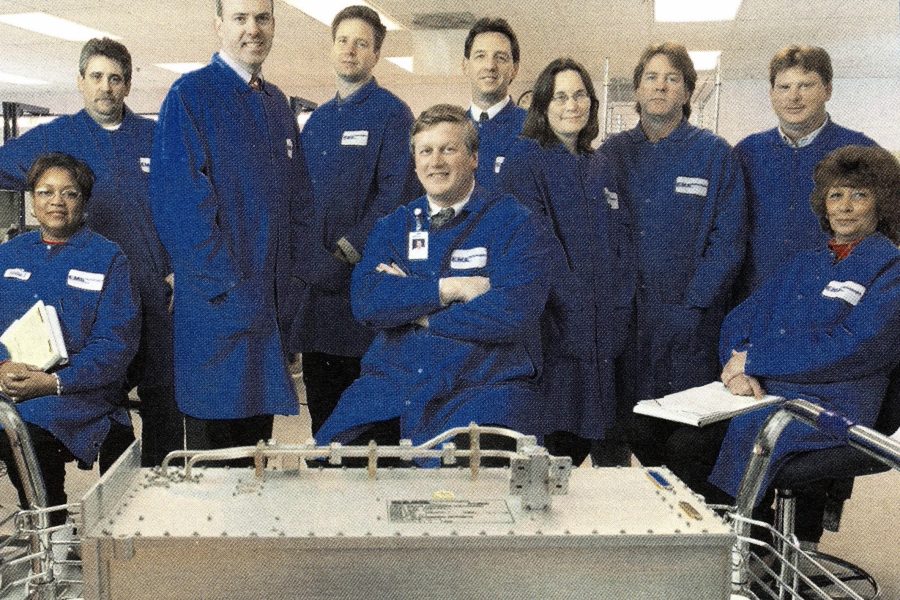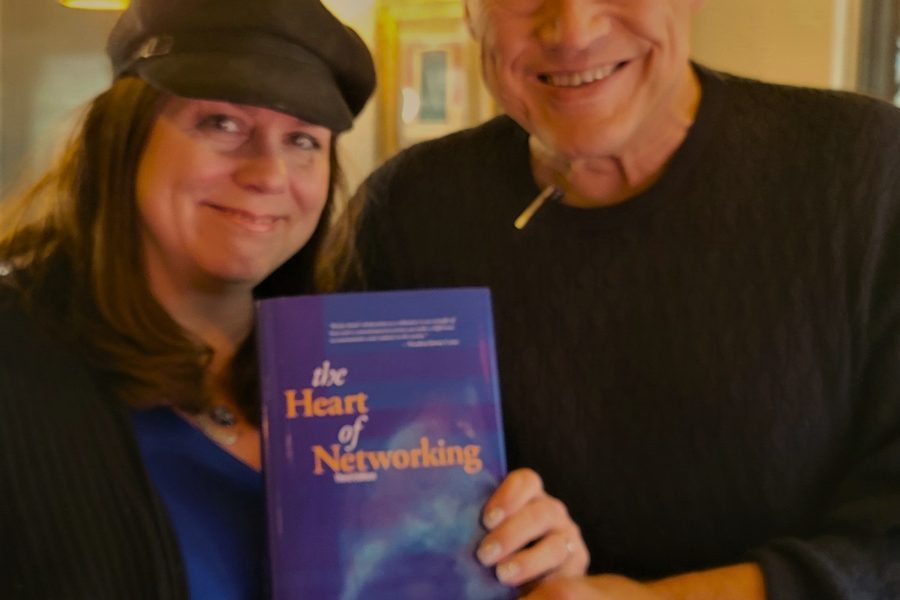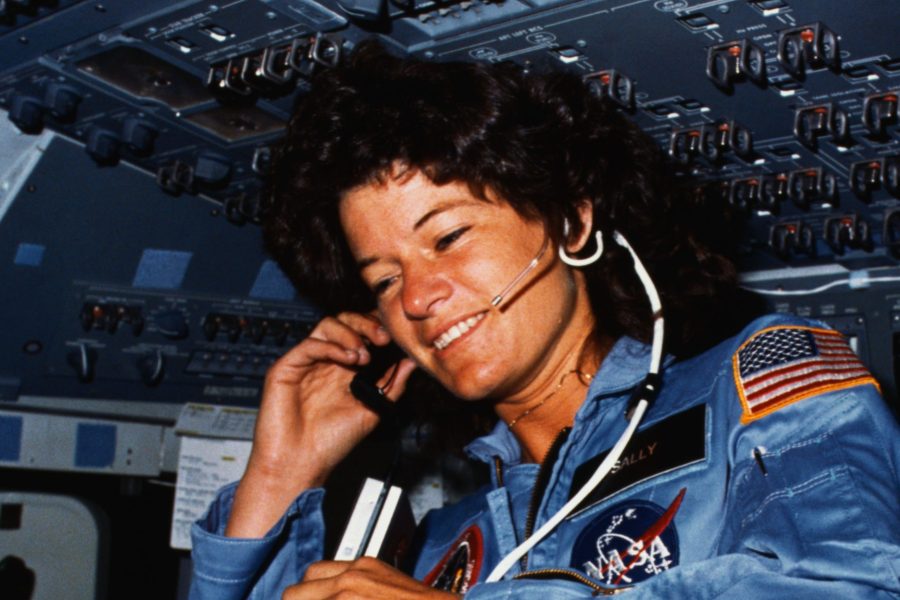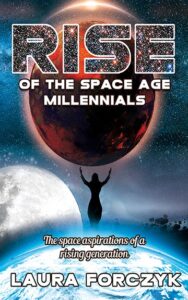 First-time author Laura Forczyk longs to dance on the Moon. This entrepreneur and space analysis consultant recently published Rise of the Space Age Millennials: The Space Aspirations of a Rising Generation. In it, she explores how so many of today’s millennials, the generation now turning 24 to 39 years of age, are so focused on the stars.
First-time author Laura Forczyk longs to dance on the Moon. This entrepreneur and space analysis consultant recently published Rise of the Space Age Millennials: The Space Aspirations of a Rising Generation. In it, she explores how so many of today’s millennials, the generation now turning 24 to 39 years of age, are so focused on the stars.
Millennials are not the first to have a love affair with space. In fact, Elon Musk, Jeff Bezos and Sir Richard Branson, the billionaires currently battling for space supremacy, belong to the Gen-X and Boomer generation. But millennials will likely be the first demographic to visit space in their lifetime as average citizens while envisioning and building the infrastructure that will support future habitats off planet.
Laura interviewed more than 100 millennials already working or studying to work in the space sector. She spoke to undergraduate university students and CEOs as well as a diverse range of career professionals such as engineers, scientists, communicators and educators. The Writing Well caught up with her to learn more about her writing journey and why she was compelled to give voice to the aspirations to her generation’s space dreamers.
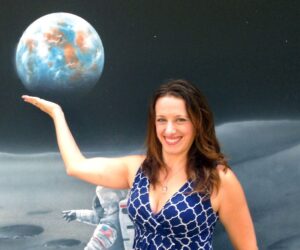 Q. Why did you write this book?
Q. Why did you write this book?
The idea for Rise of the Space Age Millennials came to me in 2016 when I began to notice the negative coverage millennials get in the press based on stereotypes. As a millennial, those stereotypes didn’t ring true to me. I decided to examine one aspect of the millennial generation I know well: millennials pursuing careers in the space sector. I wanted to both test the stereotypes and better understand the preferences, opinions, and goals of my space millennial peers.
Millennials are not a monolithic group. Within any group there are differences in backgrounds, preferences, and opinions. Many millennial stereotypes may have formed without considering the diversity within the millennial population. Readers can challenge their preconceived notions of who millennials are, what they want, and how they operate. This book offers millennials support, connection, and inspiration. It will leave all readers with a fresh perspective and renewed hope for the future of the space sector in the hands of the next generation.
Q. From your research, why are millennials so attracted to the space industry? Anything inspiring/surprising you care to share from all your research?
Space inspired all of my interviewees in different ways. For some, it was NASA’s great achievements. For others, it was the growing new space industry, especially big-name companies such as SpaceX. Each millennial was drawn to work in the space sector because of the potential they saw to make a difference in an exciting new field.
I was pleasantly surprised how optimistic space millennials are. With very few exceptions, interviewees were passionate about their work and held high expectations for themselves and their peers. Most millennials predicted ground-breaking scientific discoveries and grand space exploration accomplishments in their lifetimes.
Q. What was the most challenging and most rewarding part of your research and writing process? What surprised you?
One of my biggest downfalls was impostor syndrome — the fear that I’m not worthy to be doing what I’m doing. After all, I have no formal training in book writing and I’m not famous. Why would anyone want to read a book I wrote? Why would people spend money on my book? How dare I think my writing is good enough to be read by the masses. This fear still plagues me, even after the book is published and I’ve gotten good feedback.
I found it most rewarding to give my millennial interviewees a voice and a platform. Their opinions and viewpoints are valid and deserve to be heard. I was genuinely surprised at how positive the viewpoints were. Almost universally, the millennials I interviewed have high expectations and grand goals for what our generation will accomplish in space.
Q. I’ve heard it said that marketing is the hardest part of being author – not writing. Do you agree? What channels are you leveraging to market your book?
As a first-time author, I’m learning everything as I go! I have some experience with social media marketing and promotions already, so it hasn’t been difficult for me to leverage the network I’ve already gained on Twitter, Facebook, and LinkedIn. A few months before book release I started creating a book marketing email list via MailChimp, all opt-ins interested in my work. I never expected to sell many copies of such a niche market book and I’ve already surpassed my goal.
Q. As a first-time author who self-published, you mentioned on your own blog some of the difficulties you encountered. What one thing do you advise other first-time writers do that you wish you had known to make things a little smoother?
I read everything I could about self-publishing from articles and blogs. That helped to prepare me for the tasks ahead and shape my expectations. Even so, I came across problems no one had warned me about such as understanding book trim size and page count to calculate book cover dimensions. The best advice I can give a first-time author is to understand the potential readership from the start, both to tailor the messages in the book for that audience and to understand the size of the potential customer base. It really helped me to run a Kickstarter fundraising campaign a year before publication to raise money for publishing expenses and better understand my audience.
Q. What’s next for you? And where can people hear/read more about your journey as an author and space millennial?
I’m the owner of Astralytical, a space consulting firm I started four years ago. Last year was the best yet for my small business and this year I will continue to grow the company offerings and clientele. I’m in the process of recording an audiobook for Rise of the Space Age Millennials. I already have an idea for my next book on space tourism!
I keep a blog at http://laurasspaceonspace.blogspot.com/. I’m most active on Twitter @LauraForczyk. And the book is available in paperback and ebook at https://www.astralytical.com/rise-of-the-space-age-millennials.




